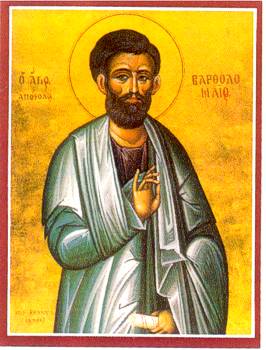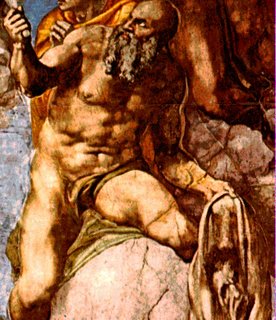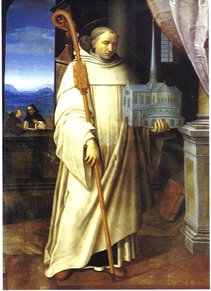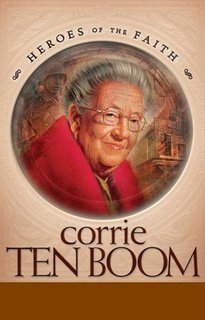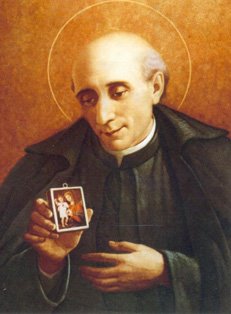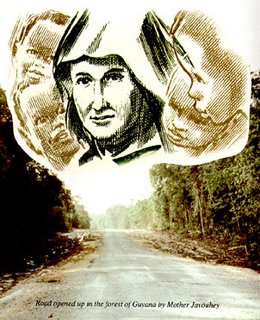
King Henry VIII broke away from the Catholic Church thereby proclaiming himself 'Supreme Head of the Church of England' in 1534. This would bring untold misery to those who still professed the Catholic Faith. His reign of tyranny against Catholics would be continued under the reign of his daughter Elizabeth I.
Once King Henry broke with Rome this laid the ground work for all those who followed him including the short time span in history where England was without a Monarch. Though there was no Monarch, Catholics were still not safe from the English Parliament as different factions fought for supremacy among them was one Oliver Cromwell. It seems that Charles I did not seem to have the ruthless hold that both Henry VIII and Elizabeth I enjoyed in their blood thirsty reigns.
It wasn't long before the country erupted into warring factions some who supported the claim of Charles I while the parliamentarians supported Cromwell. During this tremendous upheaval Charles I surrendered to the Scots and in 1648 Cromwell is victorious in defeating the Scottish incursion of England. Charles I was eventually beheaded, as England embraced republicanism.
One would have hoped that upon ridding the nation of tyrants England when then enjoy a time of peace and open mindedness towards those of other faiths, this was not to be.
Because of the persecutions faced by Catholic families in England many families sent their sons to be educated and Ordained Priests while they were abroad. Upon their return many chose to head towards Lancashire which had become known as sympathetic to the Catholic Faith. This was not to last.
Both Thomas Whitaker and Edward Bamber received their education in England and were then sent abroad to study for the Priesthood at Valladolid.
Upon returning to the shores of England Edward was seen to kneel and praise God for bringing him back to his native shore, a devout Priest. Unfortunately his prayer was noted by the Governor of the Castle and he was then reported to the authorities whereupon Edward found himself under arrest! He found himself banished but Edward was not here to obey the orders of man but instead to give witness and preach the Catholic Faith. Edward continued to Minister to the people despite the perilous position of Catholic Priests within the region. Like many Priests during these times of tyranny many families including those of noble birth hid Priests within their homes and castles so as to receive the Sacraments.
It surely is a testament to the strong and courageous Catholic families of England that they disregarded an unholy law and at risk of their lives they remained true to their faith. This was not a time for cold or cowardly hearts, it was also not a time for lukewarmness as English Catholics held their faith dear to them and were willing to die for their beliefs. A lesson which is much needed in these days of liberal progressives.
Edward did not have a lucky time of it and once again he found himself re-arrested not once, not twice but three times. This also shows an undue amount of courage on the part of this Priest, that he would choose to stay rather than flee and thereby save his life. Edward knew to save his life at the expense of his faith would be to enjoy no life at all. Edward refused to flee, and though he was helped and hidden by different people Edwards luck would soon run out.
Thomas Whitaker was also sent abroad upon completing his education to Valladolid where upon completing his studies he was Ordained into the Priesthood. In 1638 Thomas decided to return to England in order to give his beleaguered people recourse to the Sacraments of the Catholic Church. He pastored in the region of Lancaster where he was hidden by many of the nobility so as to conduct Mass.
The courage of these two Priests and many more like them can not be understated as they withstood the terrors that capture would bring. The English were not known for their compassion to the Catholics and many still felt threatened by anyone who would preach the One True Faith, Catholicism.
Thomas Whitaker also found himself arrested he was able to escape once and was then re-arrested. He then spent three years of imprisonment, these were severe years for a man known for his gentleness and compassion. Though he was placed under undue pressure to convert to Anglicanism Thomas refused. He continued to refuse to the end saying quietly and gently to his captors, "Use your pleasure with me, a reprieve or even a pardon upon your conditions I utterly refuse". This refusal would lead to his martyrdom.
Both Edward Bamber and Thomas Whitaker were to choose martyrdom rather than betray their Faith. This was no easy decision. Execution in those days were a terrible sight to see, many Priests would be dragged through the streets sometimes upside down hitting obstacles along the way. Once arriving at their place of execution they were then hung drawn and quartered a most despicable form of torture. Even after their death the bodies of these heroic Priests would be left on display as a warning to all other Catholics the danger of practicing their Faith.
As we in this modern era come under increasing threat by the secular world let us remember the courage of these Saints and Martyrs and hopefully follow their example. Lest they died in vain.
Edward Bamber died in 1646.
Blessed Edward Bamber was beatified in 1987 by Pope John Paul II.
Thomas Whitaker died in 1646.
Blessed Thomas Whitaker was beatified in 1987 by Pope John Paul II.
Peace of Christ to ALL
Copyright © 2006 Marie Smith. All rights reserved.
